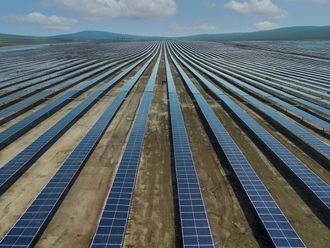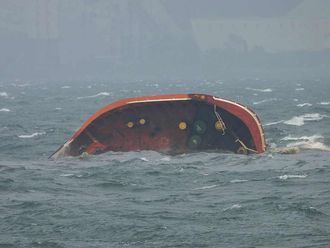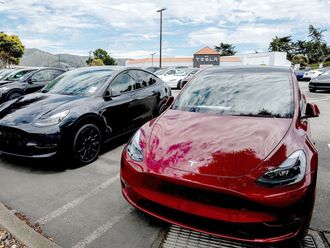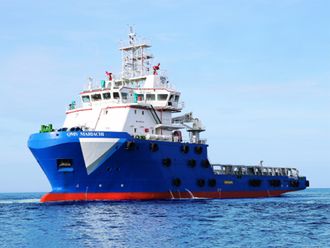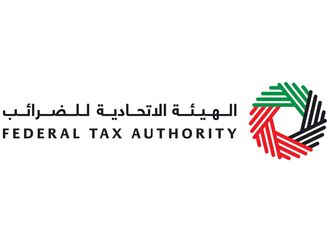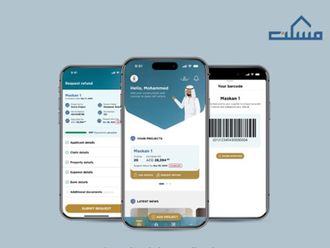The Egyptian General Petroleum Corp (EGPC) has signed a memorandum of understanding to take a 10 per cent stake in the Saudi Egyptian Petrochemical Co (Sepco). EGPC will invest $22 million for the 10 per cent stake.
With a total investment of $550 million and a production capacity of 300,000 tonnes per annum, Sepco is expected to become the largest polyester producer in the region. Based in Al Amerya in the governorate of Alexandria, Sepco is co-developed by the Jehan Holding Group, a leading Saudi investment group, and Midroc. It is expected to begin commercial production in the first quarter of 2003.
Sepco is expected to generate average annual sales and net cash flows of $400 million and $80 million respectively, and generate around 6,000 new direct and indirect jobs. Deutsche Bank has been retained as the global financial advisor and is responsible for shaping the company's financial structure and debt package.
Sigma Capital, Sepco's lead placement agent, worked with EGPC to clinch the deal, which includes the latter supplying gas on a long-term basis. "The textile market is an important driver for the Egyptian economy. We are proud that the country has been so successful in attracting such large-scale projects able to compete on a world scale," said Samh Fahmi, Egypt's Minister of Petroleum.
The Egyptian textile industry employs a third of Egypt's labour force, but the garment industry still relies heavily on imported fabrics. Sepco is expected to significantly reduce the dependency on imports.
Its production includes 150,000 tonnes a year of partially oriented yarn (POY) and textile chips used in apparel, home textile, rugs and various industrial operations; 50,000 tonnes of staple fibres used as cotton blend and wool for textile manufacture, and 100,000 tonnes of polyester resin used in packaging, especially for the bottled water, soft drinks and edible oil.
Ahmed Badeeb, chairman of Sepco, said, "EGPC was selected as our local strategic partner because of its strong presence in the local market and the operating talent it would provide the company.
"We see EGPC having an important long term role the in the company. The Egyptian market poses huge potential, particularly with estimates indicates that 90 per cent of knits and woven products use imported fabrics. It is the tremendous potential of the Egyptian textile industry that attracted us to Egypt in the first place."
Egypt to acquire stake in Saudi petrochemical firm
The Egyptian General Petroleum Corp (EGPC) has signed a memorandum of understanding to take a 10 per cent stake in the Saudi Egyptian Petrochemical Co (Sepco). EGPC will invest $22 million for the 10 per cent stake.


